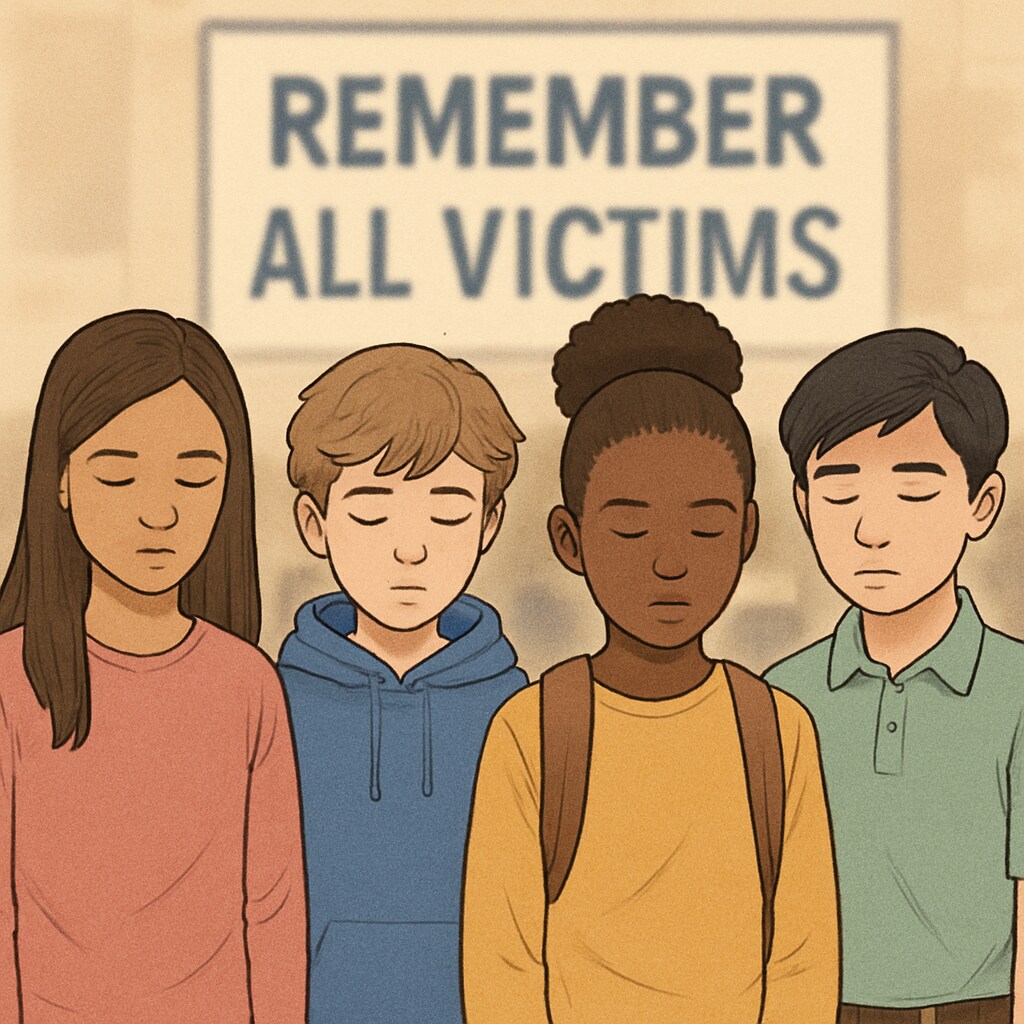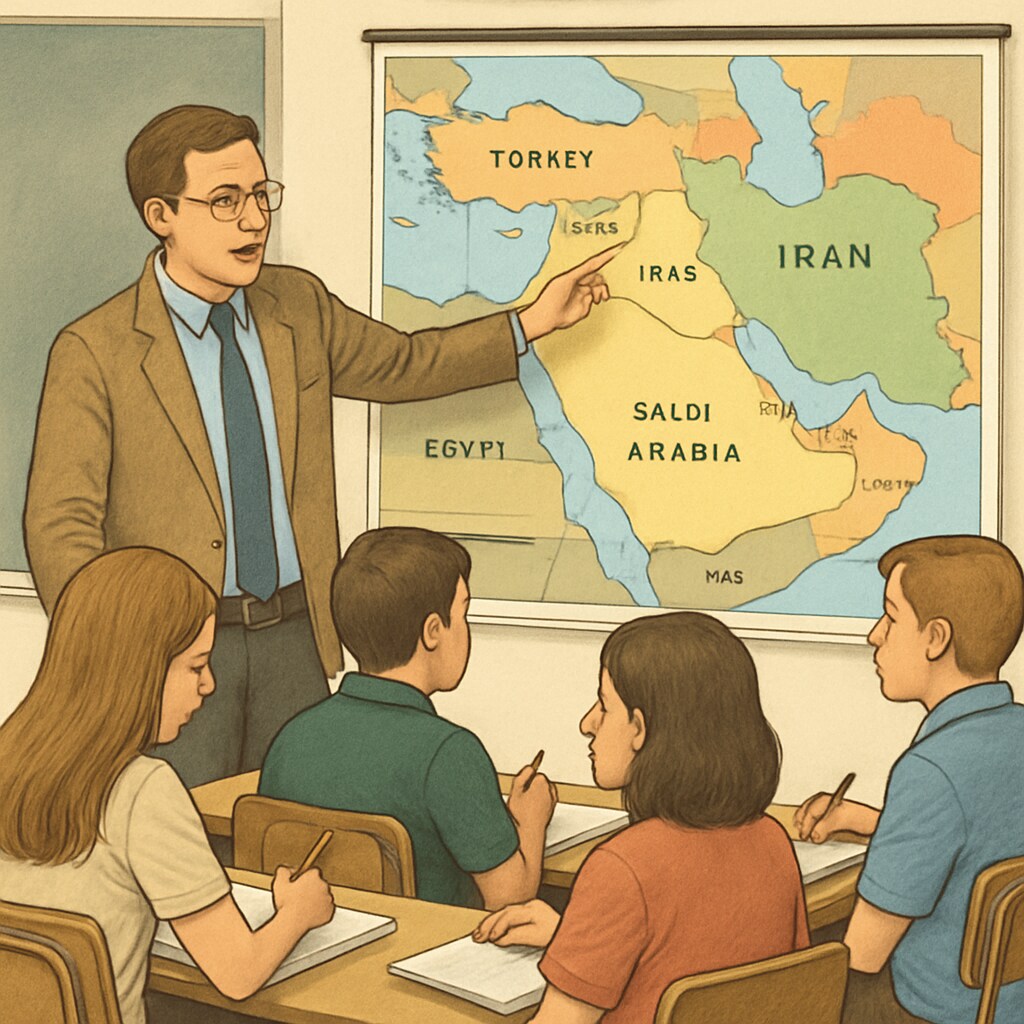The trend of schools replacing Gaza mourning with generalized “universal mourning for war victims” reflects deeper questions about school neutrality during humanitarian crises. According to Wikipedia’s analysis of political neutrality, this approach often masks institutional fear of controversy rather than demonstrating true impartiality.
The Rise of Universal Mourning in Education
Over 60% of surveyed U.S. school districts now use blanket statements about “all conflicts” when addressing Gaza, as shown in a 2023 Britannica education report. This pattern reveals three institutional concerns:
- Legal fears about political speech in public schools
- Parental pressure from polarized communities
- Administrative preference for standardized responses

Educational Consequences of Neutrality
While avoiding political controversy, this universal mourning approach carries unintended pedagogical costs:
- Historical specificity matters: Generic memorials erase distinct historical contexts
- Critical thinking suffers: Students miss opportunities to analyze complex geopolitical issues
- Moral development stalls: Abstract responses fail to cultivate ethical engagement
As education scholar Diane Ravitch notes, “Schools that conflate all conflicts teach students that all suffering is equivalent – a dangerous historical fallacy.”

Alternative Approaches for Schools
Progressive districts demonstrate how to address crises without abandoning educational principles:
- Age-appropriate factual context about ongoing conflicts
- Structured discussions acknowledging multiple perspectives
- Concrete humanitarian actions (letter-writing, fundraising)
Ultimately, the political avoidance of specific memorials represents a missed educational opportunity. As global crises intensify, schools must reconsider whether neutrality serves students’ intellectual and moral development.


